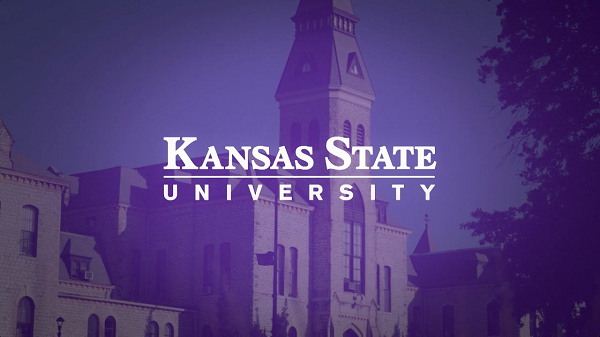

Dr. Waithaka Mwangi, a professor of immunology at Kansas State University, has received significant support to tackle one of the most pressing challenges facing pig and swine production globally. With a $1 million Seeding Solutions Grant from the Foundation for Food & Agriculture Research (FFAR), Dr. Mwangi aims to develop safe and rapidly deployable vaccines to counter the deadly African Swine Fever Virus (ASFV), a major threat to U.S. pork producers.

The $1 million grant from FFAR, supplemented by matching funds from Elanco Animal Health, K-State’s Office of the Vice President for Research, Kansas State University Innovation Partners, and MEDIAN Diagnostics Inc., totals a $2,645,427 investment.
ASFV is a highly contagious and fatal disease in pigs, with no commercially available treatment or vaccine currently. Dr. Mwangi’s research focuses on identifying ASFV proteins that can trigger protective immune responses in swine, optimizing vaccine dosage and delivery methods, and developing means to differentiate infected pigs from vaccinated ones.
Dr. Mwangi’s urgent efforts come amidst the critical need for solutions to safeguard swine herds. Without a preventive vaccine or treatment, ASFV control relies heavily on biosecurity measures such as quarantine and culling infected pigs. The recent detection of ASFV cases in the Dominican Republic and Haiti underscores the global threat posed by the virus.
The potential impact of ASFV outbreaks in the U.S. cannot be overstated, with devastating consequences not only for the pork industry but also for related agriculture commodities like corn and soy. Dr. Jasmine Bruno, Ph.D., FFAR scientific program director for Cultivating Thriving Production Systems, emphasizes the significance of Dr. Mwangi’s research in potentially slowing the spread of ASFV, protecting millions of U.S. pigs, and safeguarding the nation’s food supply.
Dr. Mwangi’s research team is also addressing safety concerns and production constraints necessary for regulatory approval of the vaccine’s use. Their work holds promise in mitigating the catastrophic effects of ASFV outbreaks and ensuring the resilience of the U.S. pork industry.




